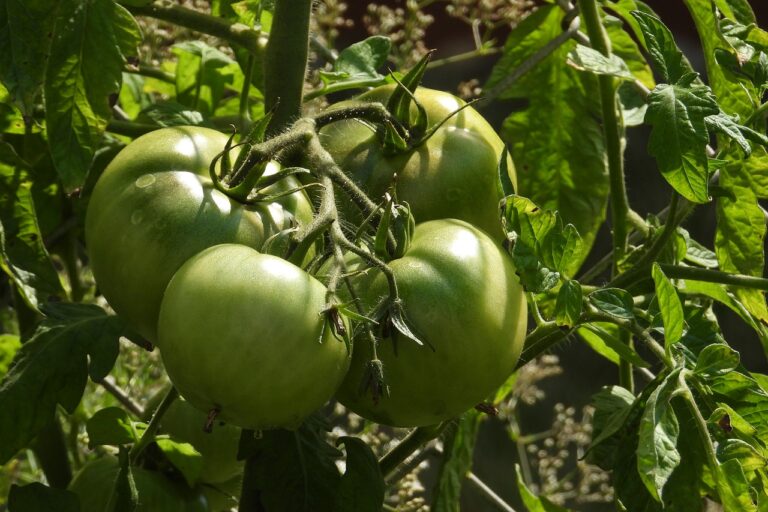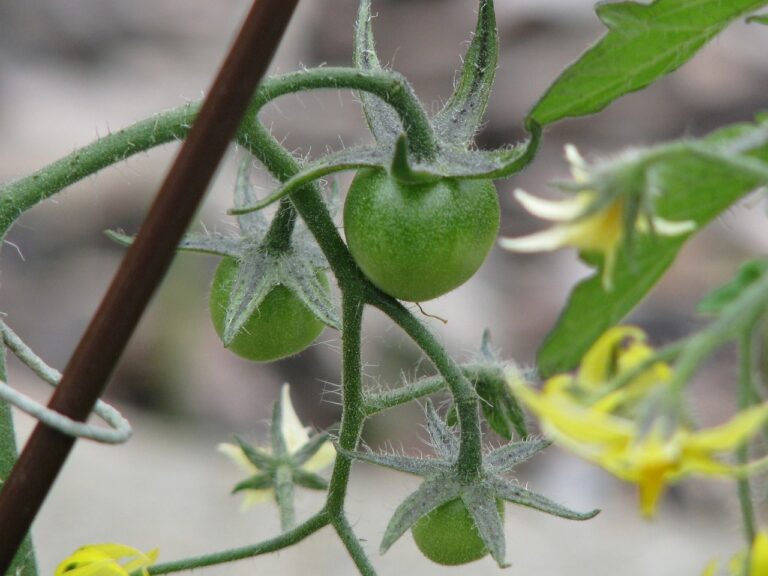The Benefits of Using Sustainable Practices in Jam Production: 11xplay online, Diamondexch9.com register, Skyexchange
11xplay online, diamondexch9.com register, skyexchange: Sure, here is the article:
When it comes to jam production, many companies are now turning towards sustainable practices to not only benefit the environment but also to improve the quality of their products. Sustainable practices in jam production involve using methods that have minimal impact on the environment, conserve natural resources, and promote the wellbeing of workers and communities. In this article, we will explore the benefits of using sustainable practices in jam production.
Reduced Environmental Impact
One of the key benefits of using sustainable practices in jam production is the reduced environmental impact. By implementing practices that minimize waste, conserve water and energy, and reduce greenhouse gas emissions, companies can significantly lower their carbon footprint. For example, using locally sourced ingredients can reduce the carbon emissions associated with transportation, while implementing water-saving techniques can help conserve this precious resource.
Improved Product Quality
Another benefit of sustainable practices in jam production is the improved product quality. By using organic ingredients, avoiding harmful chemicals, and following ethical production processes, companies can create healthier and more flavorful jams. Consumers are becoming increasingly conscious of what they eat and are more likely to choose products that are sustainably produced and of high quality.
Support for Local Communities
Sustainable practices in jam production can also benefit local communities by creating jobs, supporting local farmers, and promoting economic development. By sourcing ingredients locally, companies can help support small-scale farmers and strengthen the local economy. Additionally, companies that engage in fair trade practices can ensure that workers are paid fair wages and work in safe conditions.
Long-Term Cost Savings
While implementing sustainable practices in jam production may require an initial investment, the long-term cost savings can be substantial. By reducing waste, conserving resources, and increasing efficiency, companies can lower their operating costs over time. For example, energy-efficient production methods can lead to lower utility bills, while reduced packaging waste can result in savings on materials and disposal costs.
Enhanced Brand Reputation
Consumers are increasingly looking for products that are produced in an environmentally and socially responsible manner. By using sustainable practices in jam production, companies can enhance their brand reputation and appeal to a growing market of conscious consumers. Promoting these practices through marketing and labeling can help differentiate products in a competitive market and build customer loyalty.
Regulatory Compliance
In many countries, there are regulations in place that require companies to comply with certain environmental and social standards. By using sustainable practices in jam production, companies can ensure compliance with these regulations and avoid potential fines or penalties. Additionally, adopting sustainable practices can help companies stay ahead of evolving regulations and demonstrate their commitment to responsible business practices.
In conclusion, the benefits of using sustainable practices in jam production are wide-ranging and can lead to long-term success for companies. From reduced environmental impact and improved product quality to support for local communities and long-term cost savings, there are many reasons for companies to embrace sustainability in their operations. By implementing these practices, companies can not only contribute to a healthier planet but also create products that consumers can feel good about purchasing.
FAQs
Q: What are some examples of sustainable practices in jam production?
A: Some examples of sustainable practices in jam production include using organic ingredients, sourcing locally, reducing waste, conserving energy and water, and implementing fair trade practices.
Q: Are sustainable jams more expensive than conventional jams?
A: While sustainable jams may be priced slightly higher due to the higher costs associated with ethical sourcing and production methods, consumers are increasingly willing to pay a premium for products that are sustainably produced and of high quality.
Q: How can companies communicate their sustainable practices to consumers?
A: Companies can communicate their sustainable practices to consumers through marketing materials, product labels, social media, and other channels. Transparency and authenticity are key to building trust with consumers.
Q: What are some resources for companies looking to learn more about sustainable practices in food production?
A: There are many organizations and resources available to help companies learn more about sustainable practices in food production, such as the Sustainable Food Lab, Fair Trade USA, and the World Resources Institute. Additionally, companies can seek guidance from industry experts and consultants.







